I’ve been disappointed by more “historical fiction” or “historical novels” or whatever you’re having yourself, than you can shake a stick at (the stick with the charred end on it, that is; the one with which the Neolithic NaNoWriMo participant wrote on the cave wall): such as when a writer makes me go cross-eyed reading more than I ever wanted to know about the evolutionary history of Gothic architecture, just to obscure the fact that the character development makes cardboard look thick enough to build a cathedral with (yes, I mean that doorstop). And don’t get me started on the ones in which the writer breaks up what is essentially a history textbook by occasionally throwing in one or two lines of fictional dialogue, or else tries to be sneaky by having the fictional characters just spit rehashed history at each other whenever they speak, especially when the so-called dialogue starts with, “As you know….”
But having got that rant out of my system…it is hard to write a historical novel, or even to plausibly insert some interesting history into the framework of an otherwise completely fictional story. The latter is what I did in my first novel (a romance that crossed at least five genre lines), because I knew next to nothing about the setting of the story, and I needed to know things about that country’s history that the people of that country would have taken for granted, but as part of their backgrounds would have influenced their behavior. It was good practice for the historical novel I’m working on, now, which adds another country to the one I’ve already studied, as well as a rebellion and a couple of wars.
Like any kind of plot back-story, character background, or physical description of a setting or character, for best results, historical information should be presented in context, and it should be delivered in a variety of ways, including having the characters transmit that information. It just seems to be hard to do it effectively. One thing that makes such revelations hard to write is telling the story in the first person. The first person point-of-view is inherently limited, which makes writing back-story, background, physical descriptions and history unnecessarily complicated. For this reason, I think inexperienced writers should not try to use the first person, and especially not for a historical novel.
 It can help make it work to have characters talk about “history” if we think about how we discuss current events with our friends and family. People in times past discussed current events, too, although the context was probably somewhat different. For example, depending on when and where a story takes place, many of the characters may be illiterate, and they’d depend on listening to an educated person read aloud from a newspaper (say, in a pub), or from a broadside posted on a wall.
It can help make it work to have characters talk about “history” if we think about how we discuss current events with our friends and family. People in times past discussed current events, too, although the context was probably somewhat different. For example, depending on when and where a story takes place, many of the characters may be illiterate, and they’d depend on listening to an educated person read aloud from a newspaper (say, in a pub), or from a broadside posted on a wall.
Characters need to show realistic reactions to the information. There will be persons in a group of listeners with varying levels of prior knowledge or opinions, which may lead them to ask questions for clarification, or argue about the significance to their lives of points in this (usually bad) news. (Have the taxes been raised again? Is there a new war on, and are all able-bodied men to report to a certain place for immediate conscription? Are people to be expelled from their settlement and their crops and huts burnt? Is the guillotine coming to town?)
Even the sharing of historical information between spies and their co-conspirators, who presumably possess congruent or compatible motives, should have a strong element of surprise to it, or be controversial in some way (not all gang members are going to agree on the best way to act on this intelligence). Such conversations cannot believably begin with “As you know…” and end with eliciting sage nods of consensus. These characters are, after all, involved “in real time” in events that didn’t become “history” until the dust settled.
Modern, literate characters can plausibly discuss “past history” as long as it has some bearing on a character’s behavior and it moves the plot along. Again, there has to be a reasonable excuse for a character to share the information with someone else; it can’t just be two people reciting to each other historical information about which they are both experts. There has to be a state of ignorance on the part of one character, as well as sufficient interest on that character’s part for him or her to make meaningful remarks or ask reasonable questions.
This last situation is what I had to do in my first novel, which is a contemporary romance set in Ireland, and told in the third person with two point-of view characters. One POV character is an American whose knowledge of Irish history is limited, and the native Irish characters (a journalist, a dairy farmer, a high school student, a librarian, a shopkeeper) all have different motives (and use different styles) to tell her historical information. Another Irish character, an elderly priest, briefly summarizes a bit of history to the Irish journalist, who normally should have been expected to be aware of it, but the priest tells it in the context of sharing information about the parents of the journalist, who had been orphaned in his infancy.
Time spent on research is not time wasted, unless we don’t write something down about what we learned. The whole scene may not have come together yet, but at least we can write, “Character X was involved in this…” with a relevant summary, and we’ll have a meaningful placeholder until such time as the Muse gives us access to the dialogue and other fictional particulars.
One more thing to remember about the value of research, is that although only a very small amount of what you learned may make it into words appearing on the pages, the rest of your research should help you think and feel like your characters. If this happens, it will show up in their behavior, which is the main indicator of character development. In this respect, no research is ever wasted.
And that’s why I spent a morning researching the history of cheese.


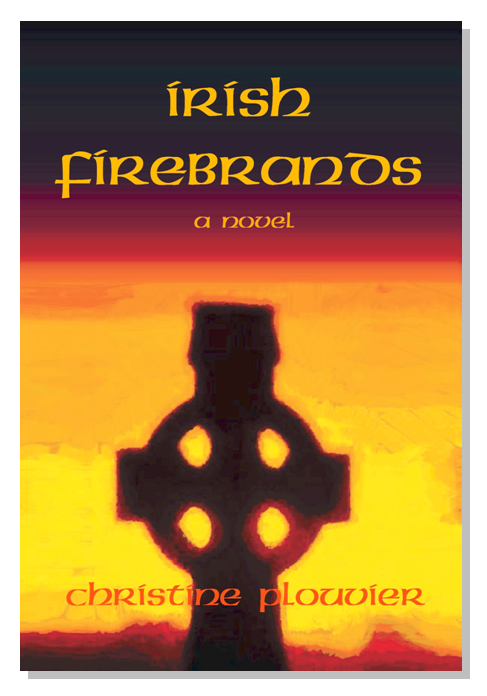
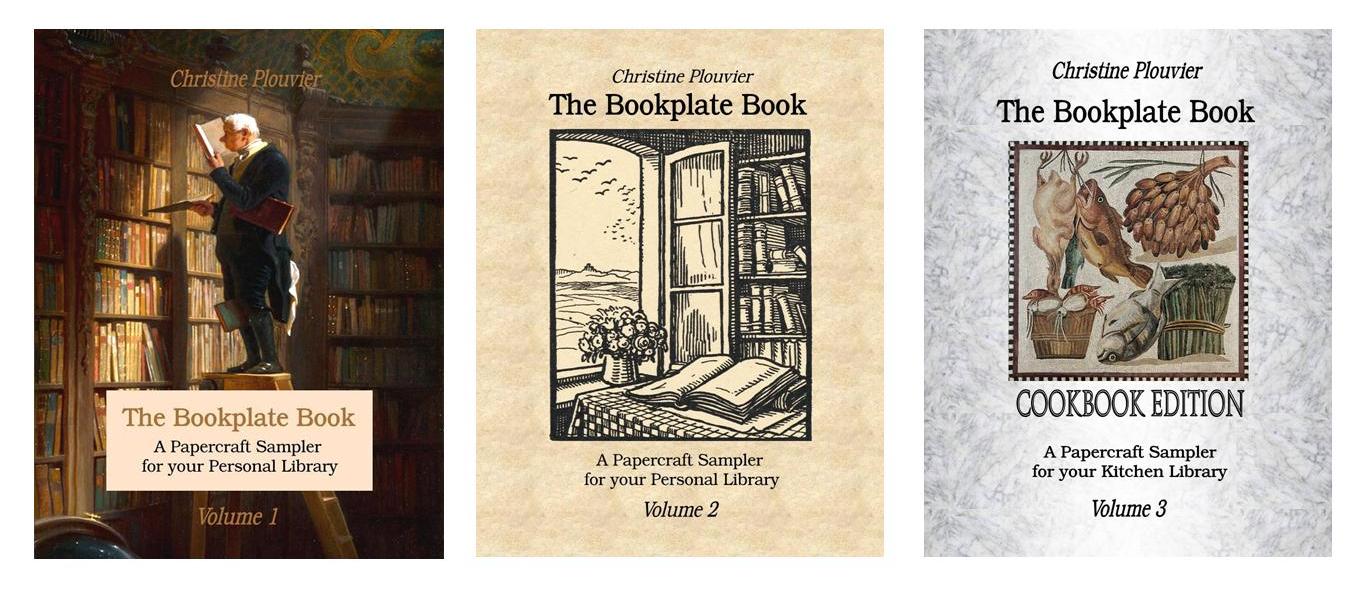


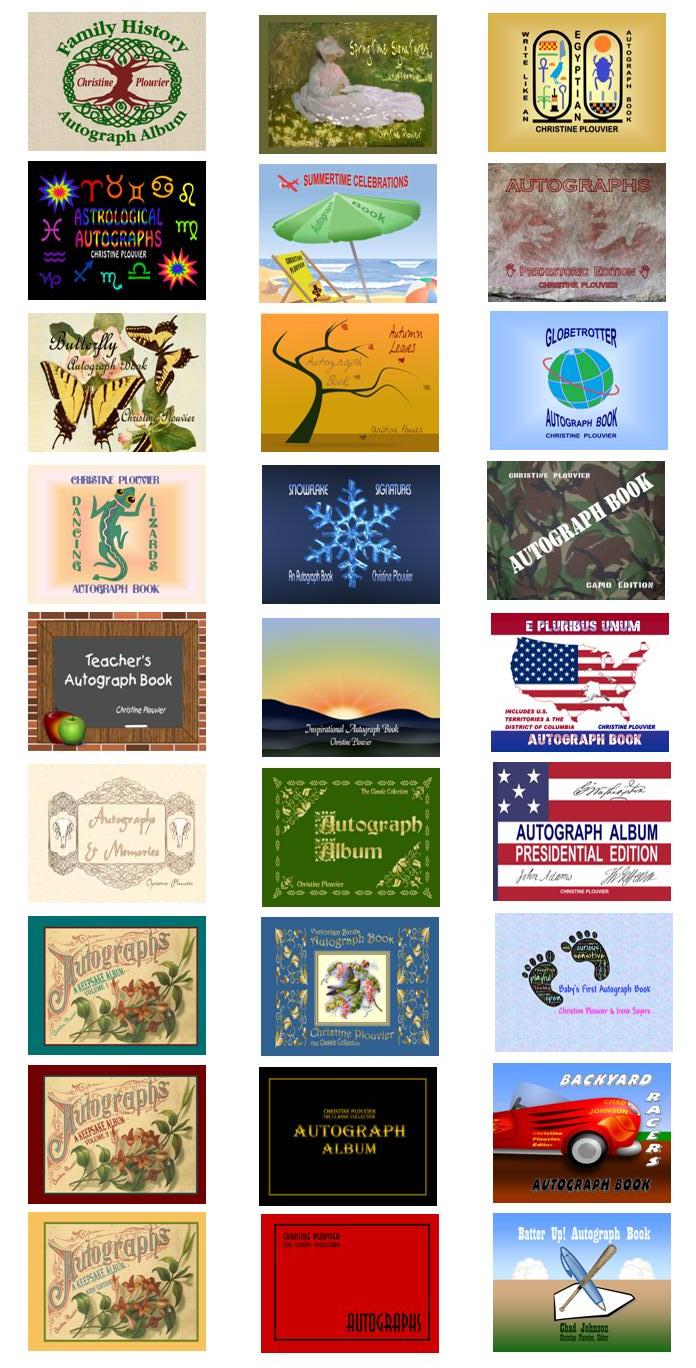



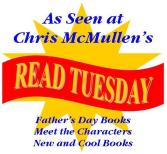
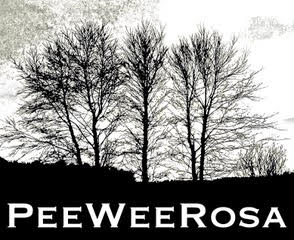








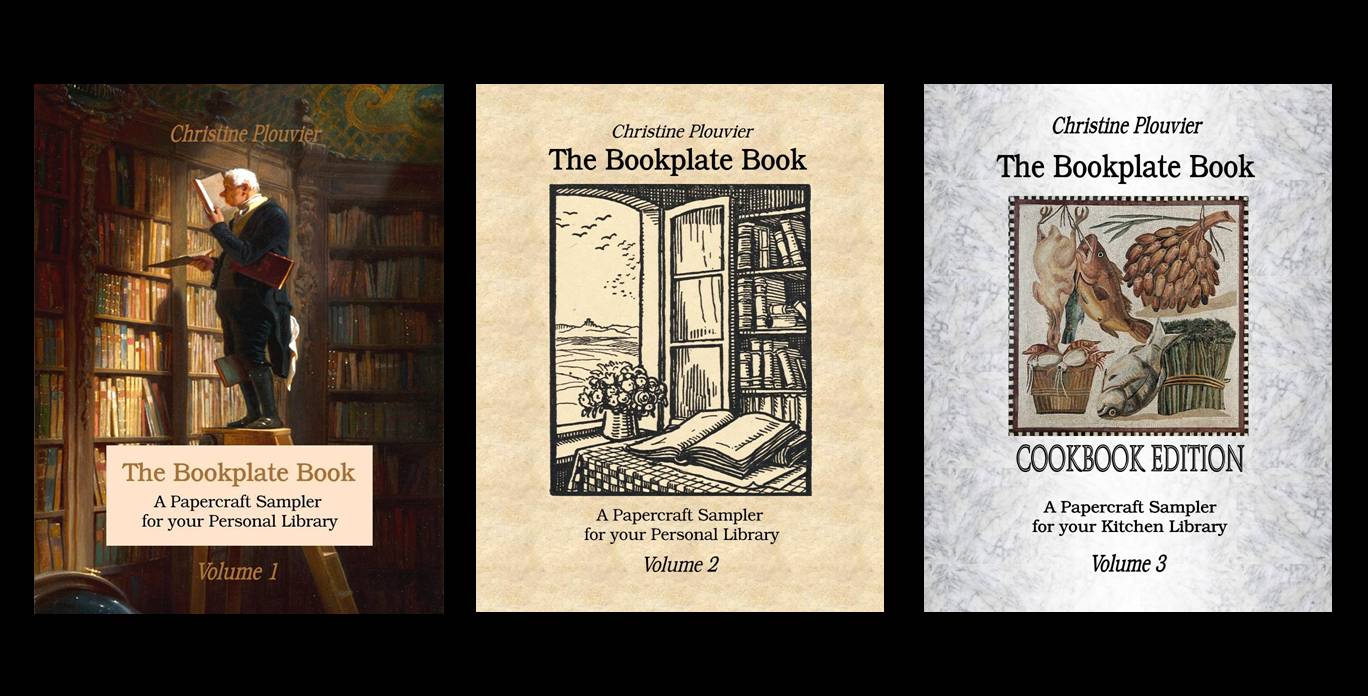

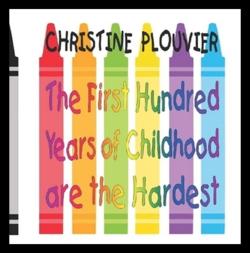
Reblogged this on IRISH FIREBRANDS: A Novel ~ Christine Plouvier, Indie Author.
LikeLike